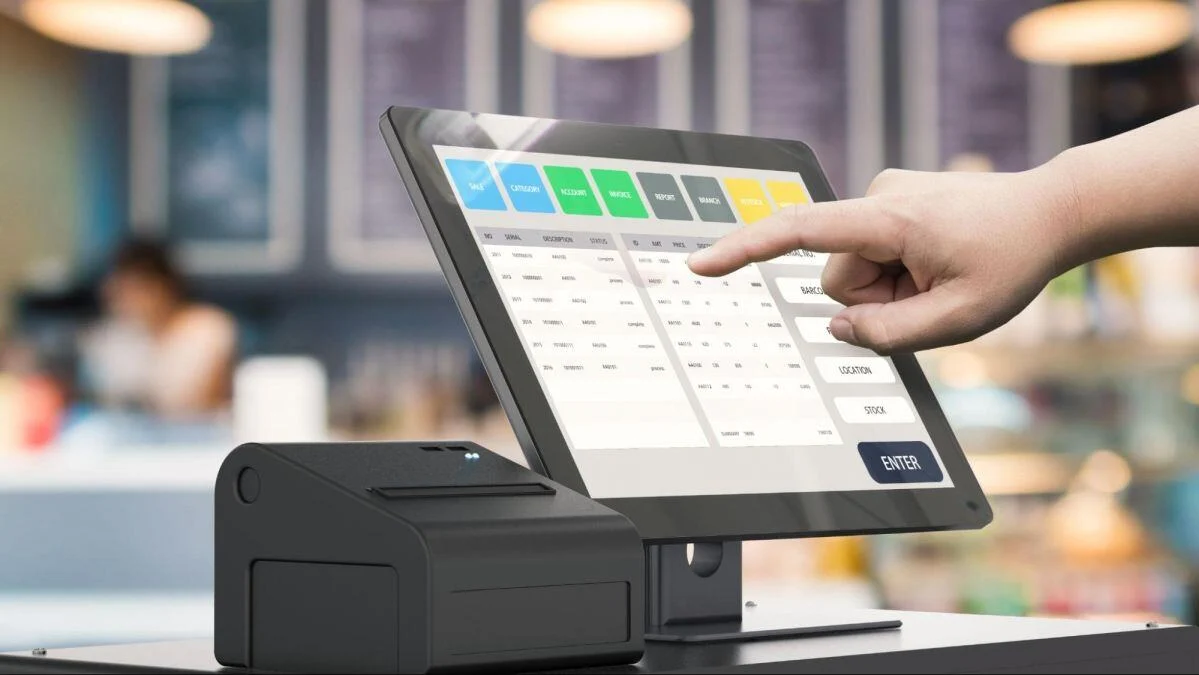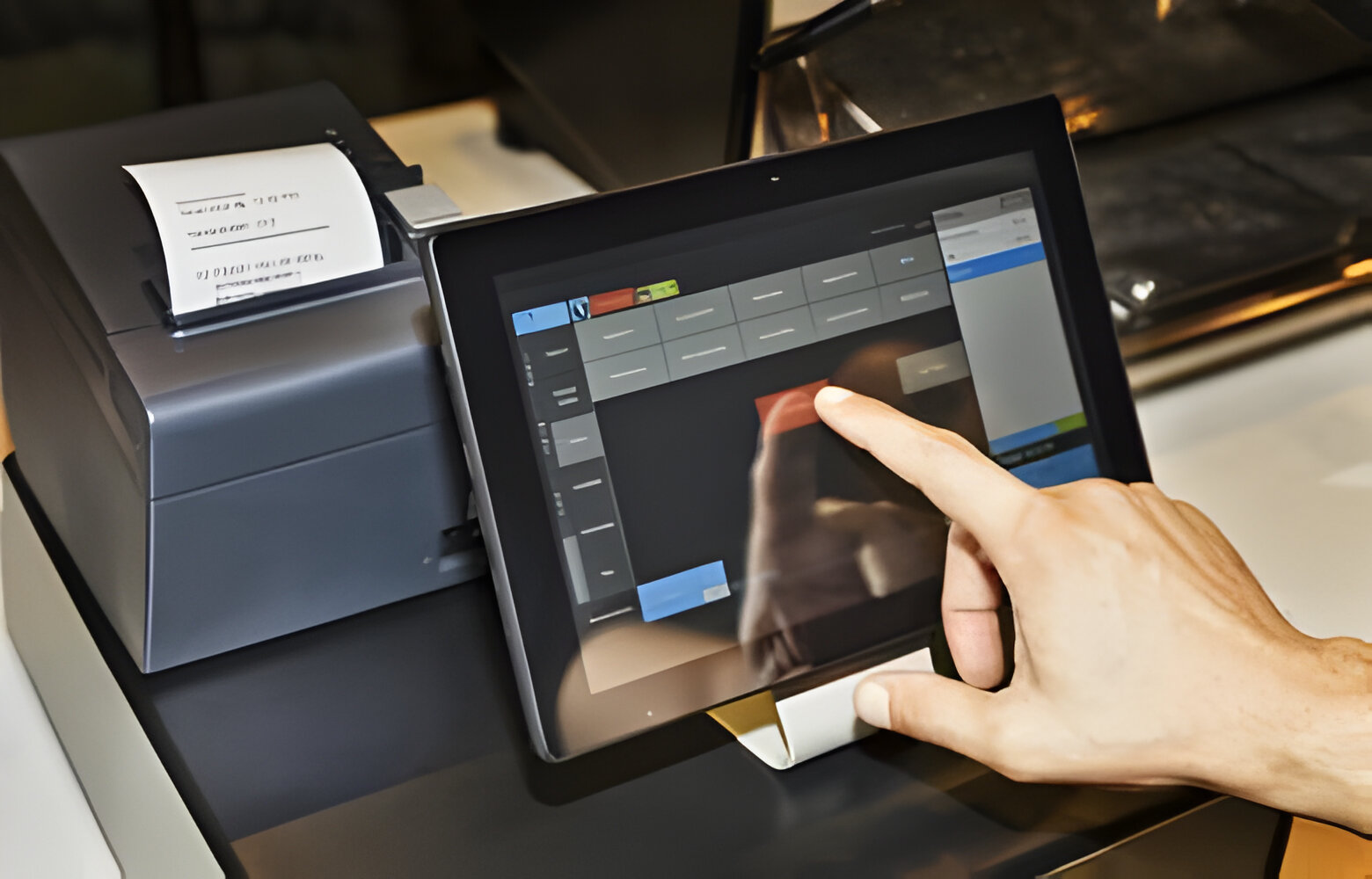Why POS Adoption Is a Game-Changer for Startups

Starting a business is never easy. Startups often face the challenge of limited resources, stiff competition, and the need to grow quickly while staying efficient. In such an environment, the right tools can make a huge difference—and one of the most impactful tools for young businesses today is a Point-of-Sale (POS) system. Far from being just a tool to process payments, modern POS systems act as a complete business solution. For startups, adopting a POS system can be a true game-changer.
1. Streamlined Operations from Day One
Every startup aims to maximize efficiency with minimal manpower. POS systems simplify daily operations by automating key tasks such as billing, inventory management, and sales reporting. Instead of juggling spreadsheets or manual records, startups can manage everything from one centralized platform. This streamlining saves valuable time that founders and employees can redirect toward customer service, marketing, or product development. For startups that need to stay lean and agile, this operational efficiency is a major win.
2. Accurate Sales Tracking and Insights
One of the biggest challenges startups face is making informed business decisions. Without accurate data, it’s easy to overspend, understock, or misjudge customer demand. A POS system eliminates guesswork by providing real-time insights into sales trends, popular products, and customer behavior. With this information, startups can quickly adapt strategies—whether it’s adjusting pricing, stocking more of what sells, or tailoring promotions to customer preferences. These insights can be the difference between struggling to survive and finding a path to rapid growth.
3. Professionalism and Customer Experience
For a startup, first impressions matter. Customers are more likely to trust and return to a business that operates smoothly and professionally. A POS system enhances customer experience with faster checkouts, multiple payment options (cash, cards, mobile wallets), and even digital receipts. Some advanced POS solutions also enable loyalty programs and personalized promotions. For startups trying to build a customer base, these features make a lasting impression and encourage repeat visits.
4. Simplified Inventory Management
Managing inventory manually is both time-consuming and error-prone. Startups, especially in retail or food service, risk stockouts or overstocking when inventory isn’t tracked properly. POS systems solve this issue by automatically updating stock levels with every sale. Many systems even send alerts when items are running low. This ensures startups can maintain the right balance—keeping shelves stocked without tying up too much capital in excess inventory.
5. Cost-Effective Growth
Some startups may hesitate to adopt a POS system, assuming it’s too expensive. In reality, cloud-based POS solutions are highly affordable and scalable. Startups can begin with basic features and upgrade as their business grows. Compared to the costs of manual errors, lost sales opportunities, or hiring additional staff to manage operations, POS systems deliver far greater value. The return on investment comes not only in saved time and money but also in faster, more sustainable growth.
6. Building Transparency and Trust
Another overlooked benefit of POS adoption is the transparency it creates. With every sale digitally recorded, startups can maintain accurate financial records that make tax filing, auditing, and financial reporting much easier. This level of transparency builds trust—not just with customers but also with potential investors, lenders, or partners who want to see reliable financial management. For startups seeking funding or partnerships, having a POS system in place signals professionalism and credibility.
7. Preparing for the Future
The business world is moving rapidly toward digital solutions. Customers expect seamless transactions, and investors prefer companies that embrace technology. By adopting a POS system early, startups future-proof their business. They can easily integrate with e-commerce platforms, digital wallets, and other technologies as they scale. Instead of struggling to catch up later, startups that adopt POS systems today set themselves up for long-term success in a digital-first economy.
Final Thoughts
In the fast-paced world of startups, small decisions can have a massive impact on long-term growth. Adopting a POS system may seem like a simple operational choice, but in reality, it touches every part of the business—from sales and inventory to customer experience and financial management. For startups striving to scale quickly, operate efficiently, and build trust, a POS system isn’t just an option—it’s a game-changer.






